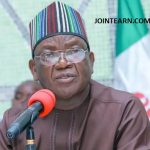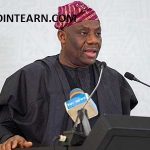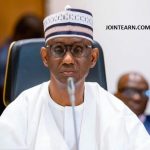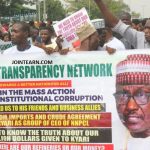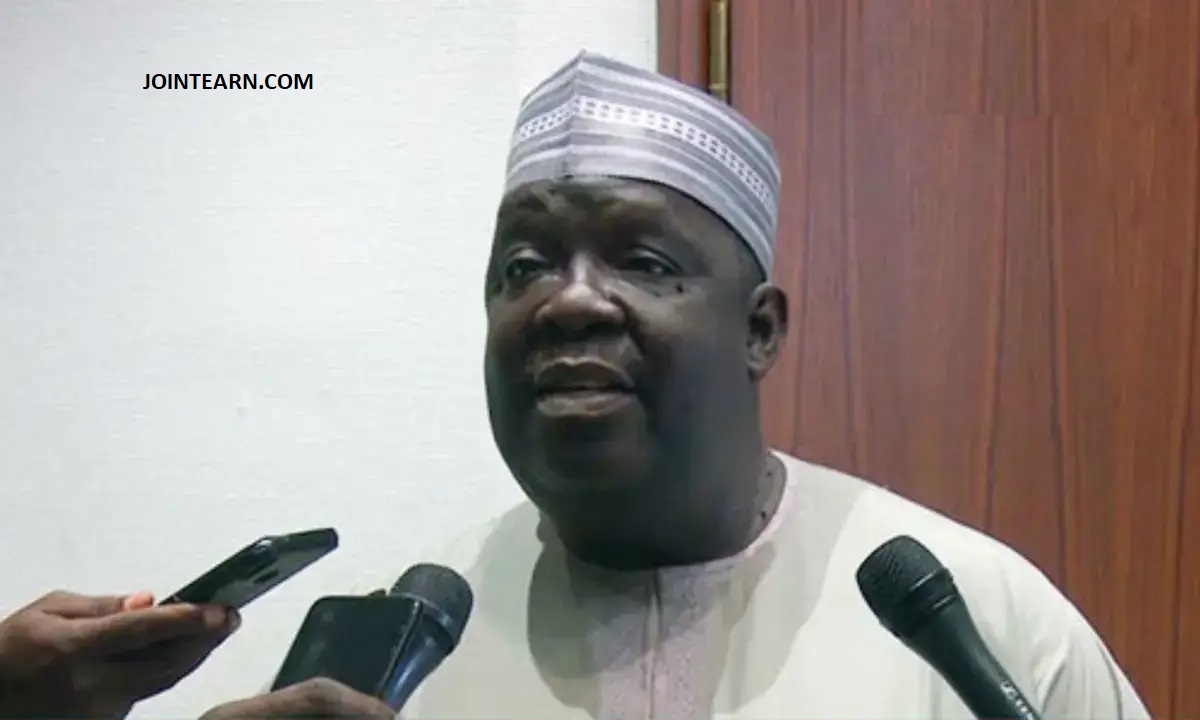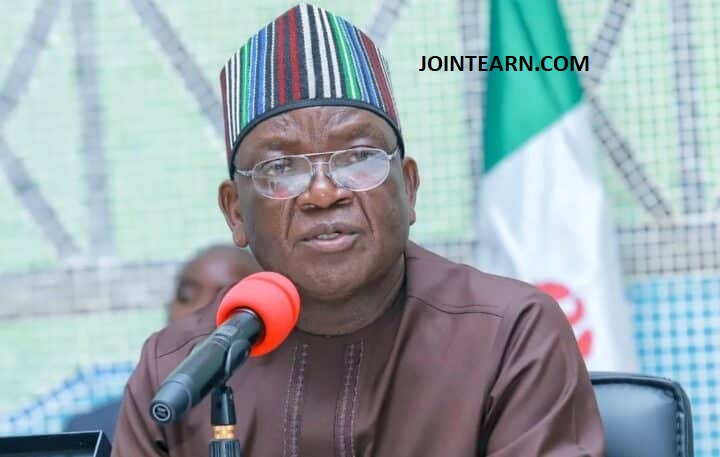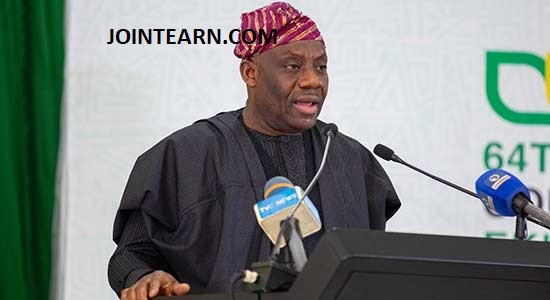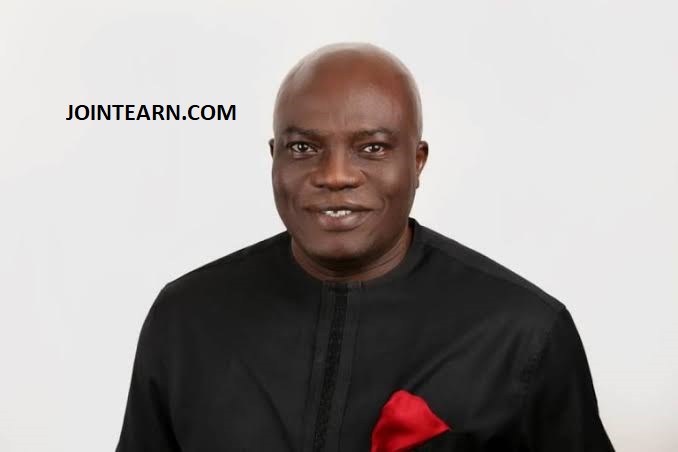Former Deputy Senate Leader, Senator Bala Ibn Na’Allah, has raised alarm over the declining state of governance and development in Northern Nigeria, attributing the region’s backwardness to the continued neglect of merit in leadership selection.
Speaking in a recent interview, Senator Na’Allah expressed frustration over the politicization and manipulation of leadership structures in the North, warning that until the region begins to prioritize competence, integrity, and capacity over parochial interests, it will continue to lag behind in all spheres of national development.
His comments have since sparked debate across political and public circles, especially at a time when Nigeria grapples with persistent insecurity, poverty, and governance failures, particularly in the northern region.
“The North Is Bleeding, But We Refuse to Learn”
Senator Na’Allah, who represented Kebbi South Senatorial District in the 8th and 9th Senate, lamented what he described as a deep-rooted culture of mediocrity in Northern Nigeria’s political culture.
“As long as we do not consider merit in our selection of leaders, nothing will change in the North,” he said. “We keep recycling the same system that empowers incompetence, nepotism, and sycophancy while the people suffer.”
He noted that key sectors like education, healthcare, and infrastructure have suffered due to poor leadership choices, made not on the basis of what individuals can deliver, but based on ethnicity, religion, or loyalty to political godfathers.
According to him, the region is rich in both human and natural resources, yet it remains plagued by high rates of illiteracy, out-of-school children, youth unemployment, and rampant insecurity.
“We Must Tell Ourselves the Truth”
Na’Allah, known for his outspokenness on national issues, said Northern elites must be bold enough to acknowledge their role in the region’s woes.
“We have misled our people for far too long. It is time we told ourselves the bitter truth. There is no development without merit, no justice without competence,” he added.
He emphasized that the North must begin to challenge the status quo by supporting visionary leaders at all levels—from local government to federal positions—who have the intellectual and moral capacity to lead.
“If we keep choosing leaders who are not equipped intellectually or morally to lead, we should not expect anything different,” he said.
Calls for Political Reawakening
Senator Na’Allah called on traditional rulers, religious leaders, and civil society groups to lead a campaign for political reawakening in the North. According to him, such a movement must prioritize civic education, voter enlightenment, and value-based leadership.
“It’s not enough to complain about bad governance. We must create an environment where only those with proven track records of service and integrity are encouraged to lead,” he said.
He also stressed the importance of grooming young leaders and offering them platforms to challenge outdated and failed models of leadership that have held the region hostage.
“We must invest in leadership training, political education, and platforms that allow new voices to emerge. The youth must not be relegated to the background anymore,” he said.
Widespread Reaction from Northern Stakeholders
Following Na’Allah’s remarks, several political and community leaders in Northern Nigeria have acknowledged the urgent need for reform. While some agreed with his views, others expressed concern that the problem was more complex than meritocracy alone.
Dr. Amina Sulaiman, a political analyst based in Kano, commended the senator’s honesty, describing his statement as “long overdue.”
“For decades, the North has placed loyalty to power brokers above competence. That is why we are where we are today,” she said.
However, Mallam Yusuf Danjuma, a grassroots mobilizer in Katsina, argued that structural challenges like poverty, illiteracy, and insecurity also contribute to the poor quality of leadership.
“Yes, we need merit. But we also need to fix the social and economic systems that keep producing vulnerable, desperate electorates who are easy to manipulate,” he said.
Looking Ahead
Na’Allah concluded by urging political parties to play a more responsible role in candidate selection, noting that internal democracy and transparent primaries were essential for credible leadership to emerge.
He encouraged Northern youths not to give in to apathy or be swayed by monetary inducements during elections. “Your future is on the ballot. Don’t sell it for peanuts,” he advised.
The senator’s remarks come as political activities begin to gather momentum ahead of future elections, with many Nigerians calling for systemic change that reflects competence, equity, and accountability.
Whether Na’Allah’s call will inspire real introspection and change among Northern power brokers remains to be seen, but it has undoubtedly reignited national discourse on the importance of merit-based governance in Nigeria’s democracy.
